Performance conversations at work can feel a bit daunting, can’t they? Whether you’re a brand-new people manager or a seasoned leader, giving feedback and guiding your team through performance chats is one of the most important – and sometimes trickiest – parts of the job. The good news? With the right approach, these conversations can be motivating, supportive, and (dare we say) even enjoyable! Let’s dive into some practical, down-to-earth tips to help you nail your next performance conversation and bring out the best in your team.
Start with a Positive Mindset
Before you even sit down for a performance conversation, check your mindset. If you see these chats as a chance to catch people out or just tick a box, your team will pick up on it straight away. Instead, treat feedback as an opportunity to help your colleague grow, succeed, and feel good about what they do. When you start with a positive intention, it shapes the whole tone of the conversation and helps your team feel supported, not scrutinised.
Prepare – But Don’t Script
Preparation is your best friend. Take time beforehand to gather facts, examples, and any notes – but avoid writing a script. Think about what’s gone well, where there’s room for improvement, and what you want your colleague to walk away with. Jot down a few key points and questions, but be ready to listen and flex the conversation. The goal is a two-way chat, not a lecture!
Set the Scene for Success
Where and when you have a performance conversation matters. Pick a quiet spot away from distractions (that means phones away and laptops closed). Make sure you have enough time so you’re not rushing or clockwatching. If you’re online, double-check your tech and try to create a warm, welcoming atmosphere – even on Zoom, a smile and a bit of small talk go a long way. Let your team member know what the chat is about so they’re not blindsided.

Balance the Feedback
We’ve all heard of the feedback sandwich, but the real key is balance and honesty. Celebrate the wins, however small – everyone likes to feel their efforts are noticed. When you talk about areas to improve, be specific but kind. Use real examples, not vague statements. Ask for their views and listen properly. It’s about working together to find solutions, not just pointing out faults. Remember, feedback is most useful when it’s timely and linked to real work, not a once-a-year surprise.
Agree Clear Actions – and Follow Up!
Every good performance conversation should end with clarity about what’s next. What will your colleague keep doing, stop doing, or try differently? Be clear about expectations and how you’ll both measure progress. If there’s support or training needed, talk about it openly. Most importantly, make a date to check in again – nothing demotivates faster than feedback that’s given and forgotten. Regular follow-ups show you care and help keep progress on track.
Make it a Two-Way Street
Performance conversations shouldn’t be one-sided. Ask your team member for their perspective – what’s working for them, what’s getting in the way, and what support they need. Be open to feedback on your own style, too. Sometimes, you’ll discover a simple tweak can make all the difference. The more you make these chats a regular, open dialogue, the easier and more productive they become for everyone.
Keep it Human
Above all, remember you’re dealing with people, not robots. A little empathy goes a long way, especially if someone is struggling. If emotions run high, give space and time to regroup. Celebrate progress, even if it’s small, and show genuine interest in your colleague’s success. When you make performance conversations a normal part of working life (rather than something to dread), your whole team will feel more confident, capable, and ready to shine.
Ready to Boost Your Performance Conversations?
Want to feel more confident, positive, and effective in your performance conversations? Our Managing Performance Training Course is packed with practical tools and tips to help you have great conversations, build trust, and get results – whether you’re managing a team online or face-to-face. Find out more and book your place here – and start making performance conversations something your team looks forward to!



